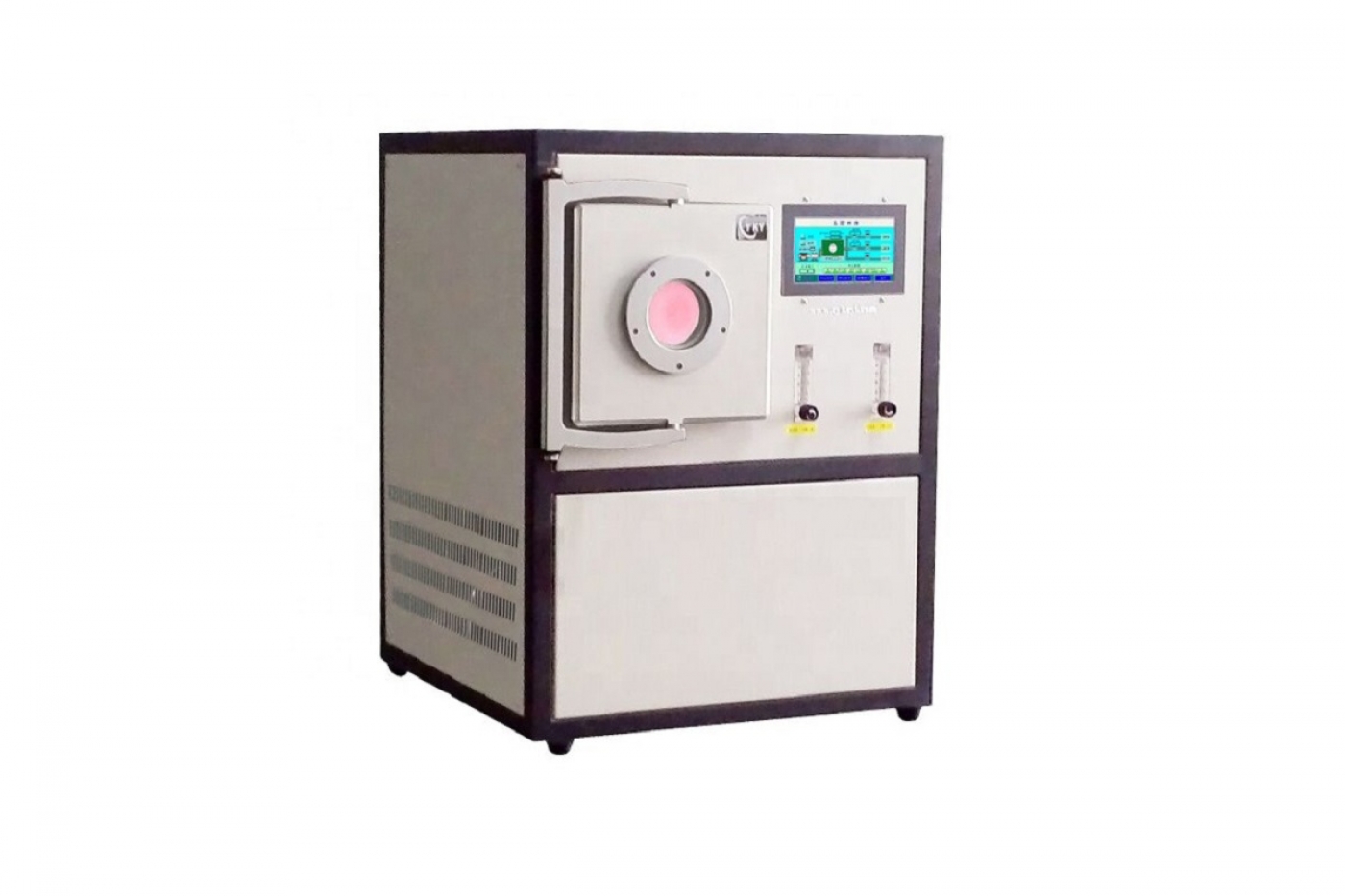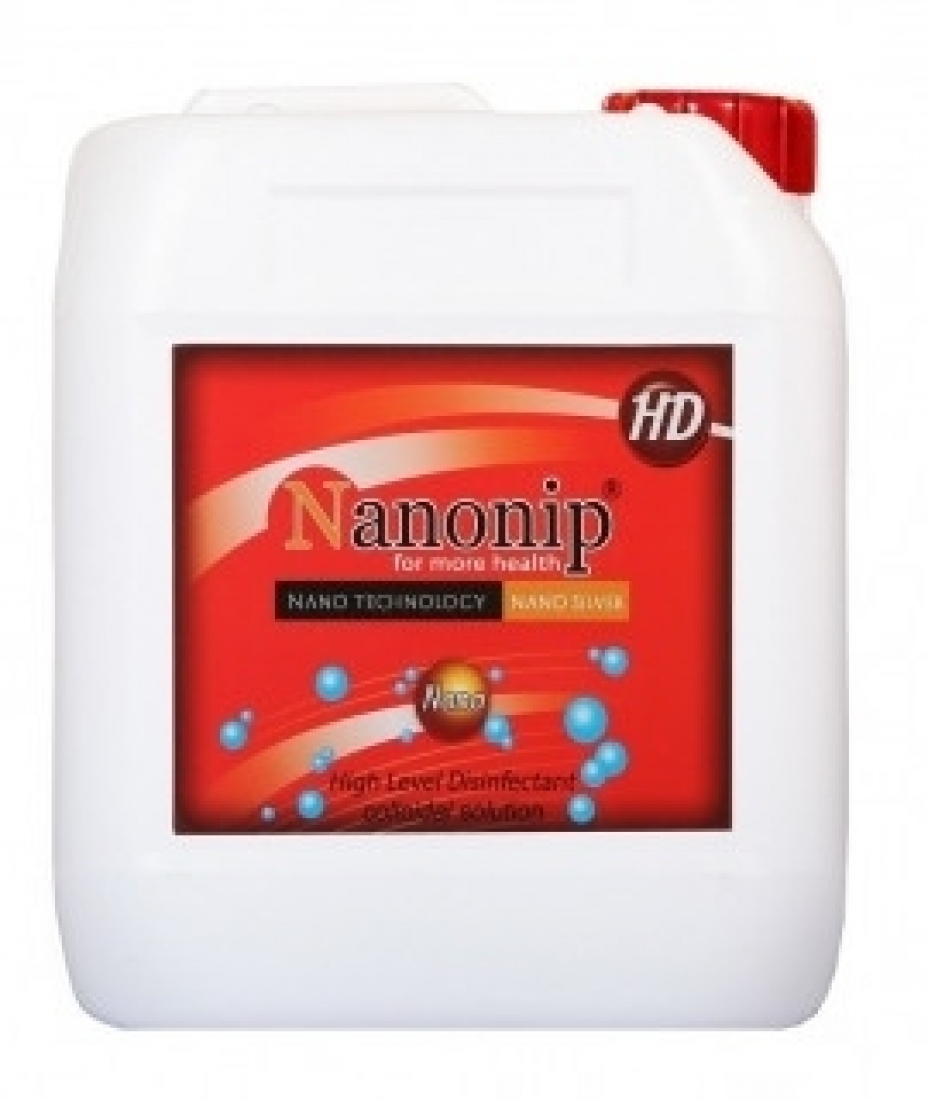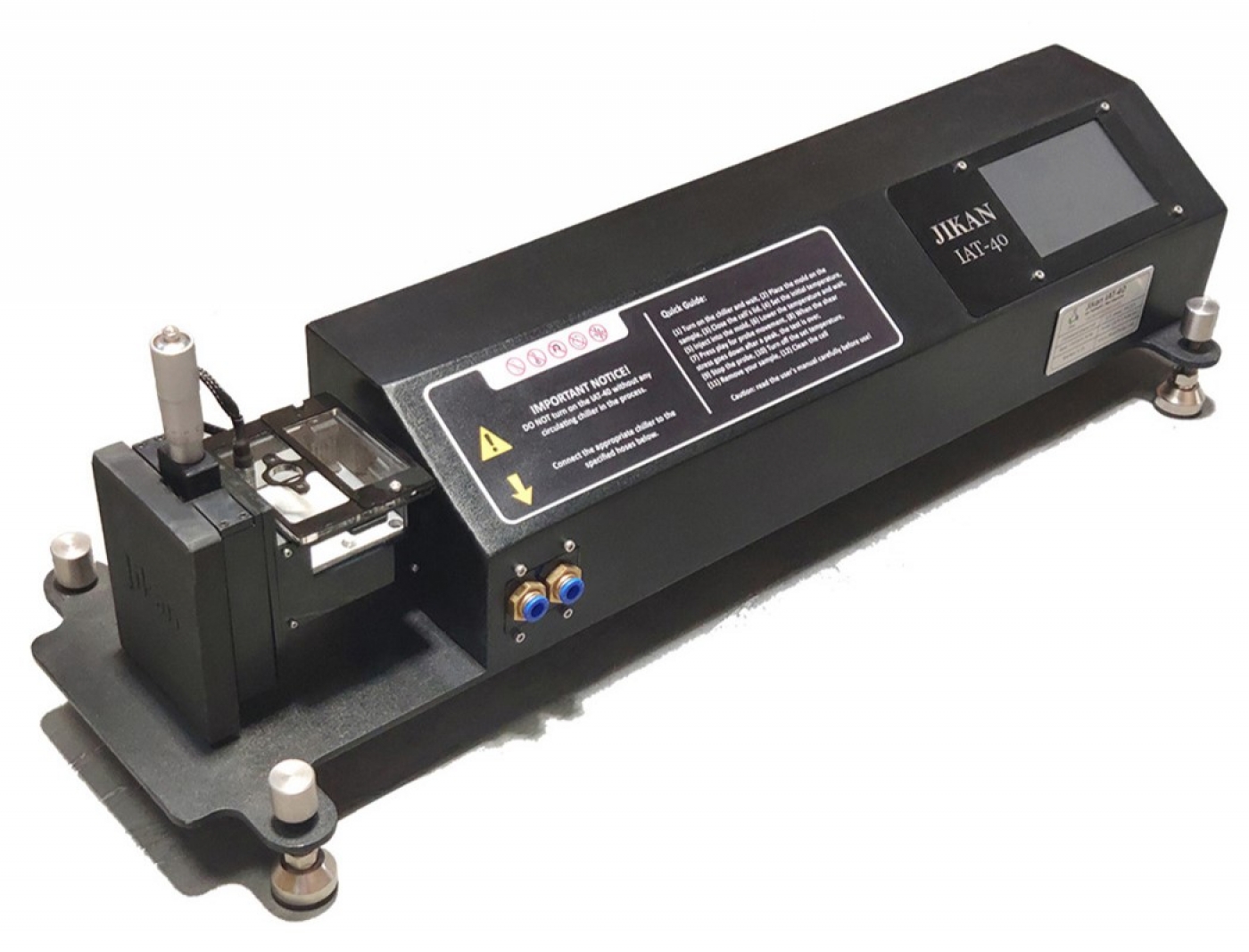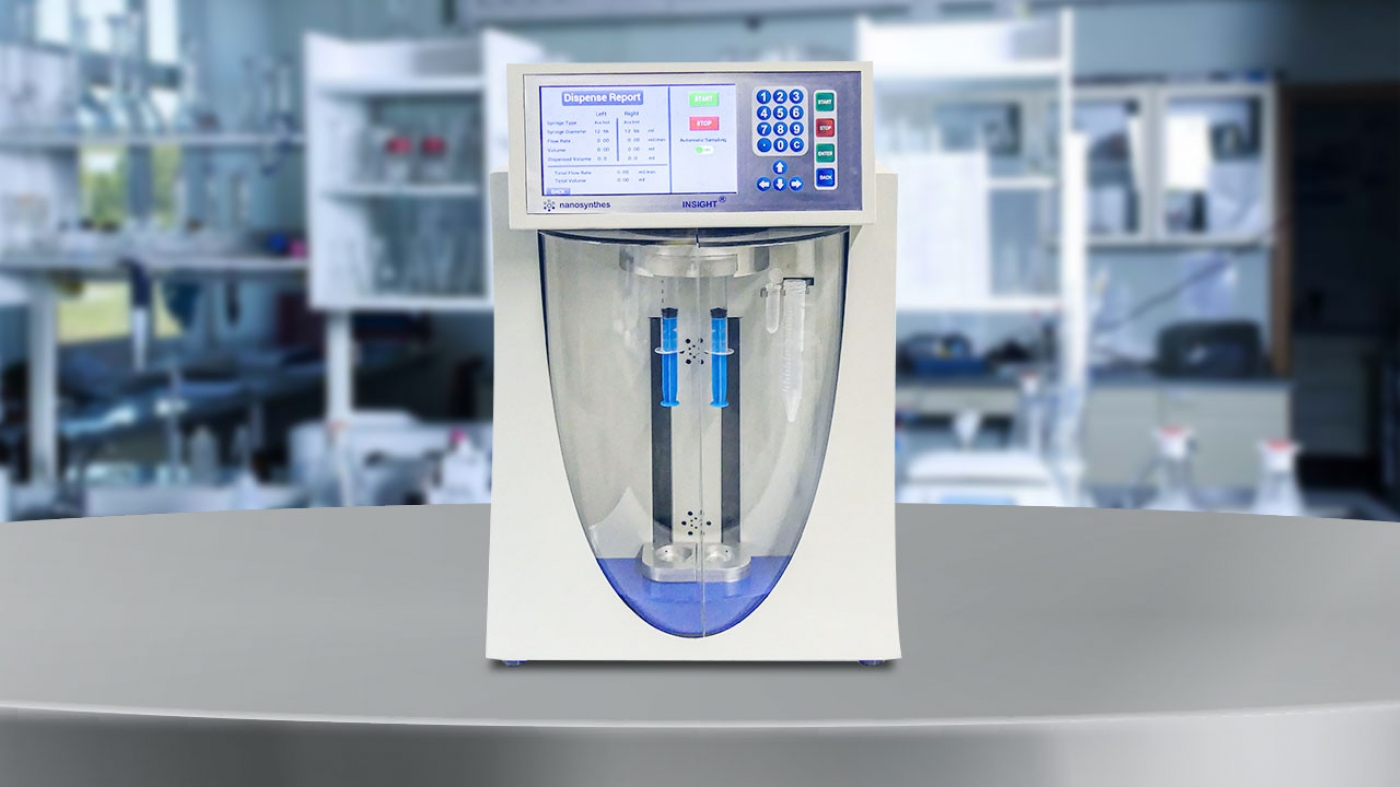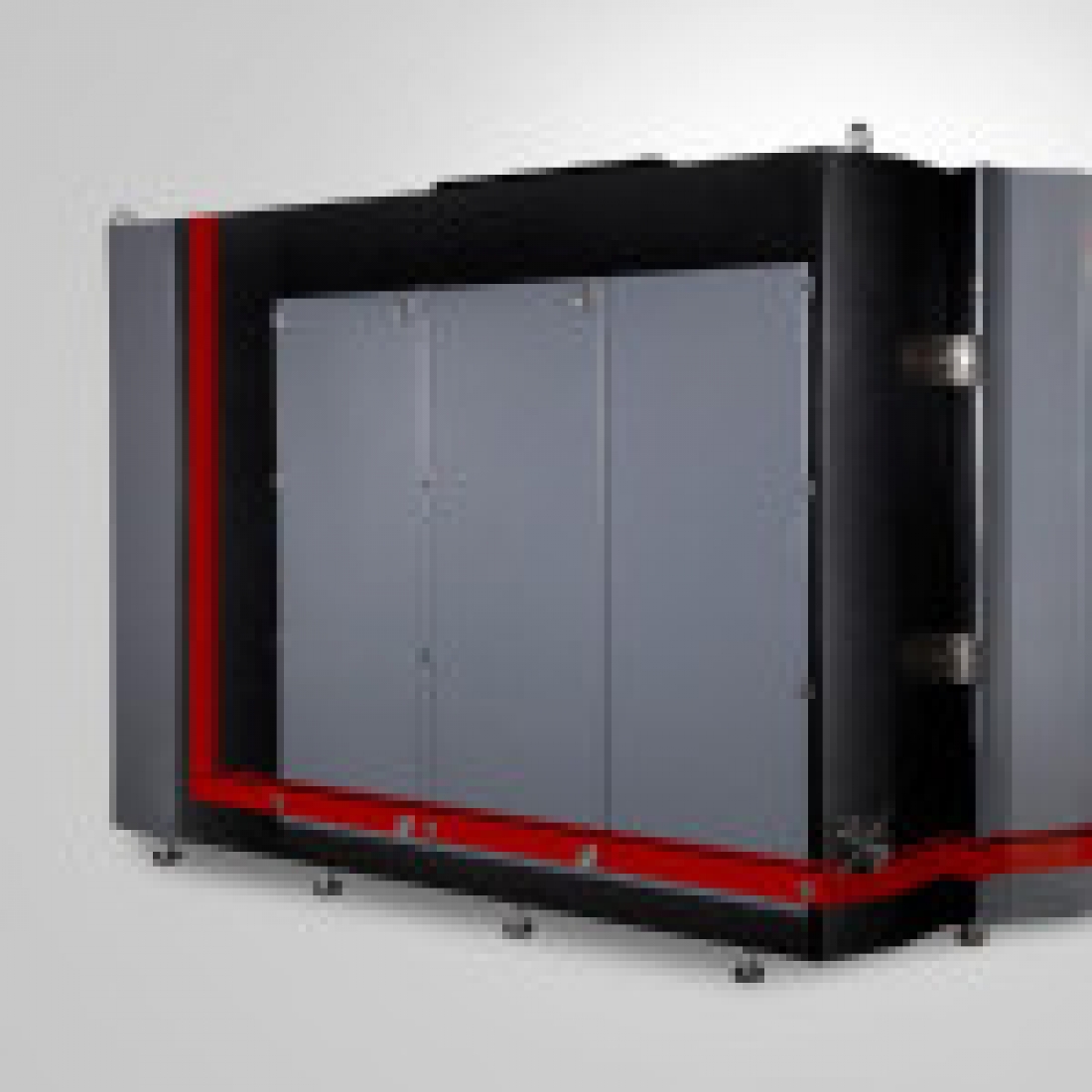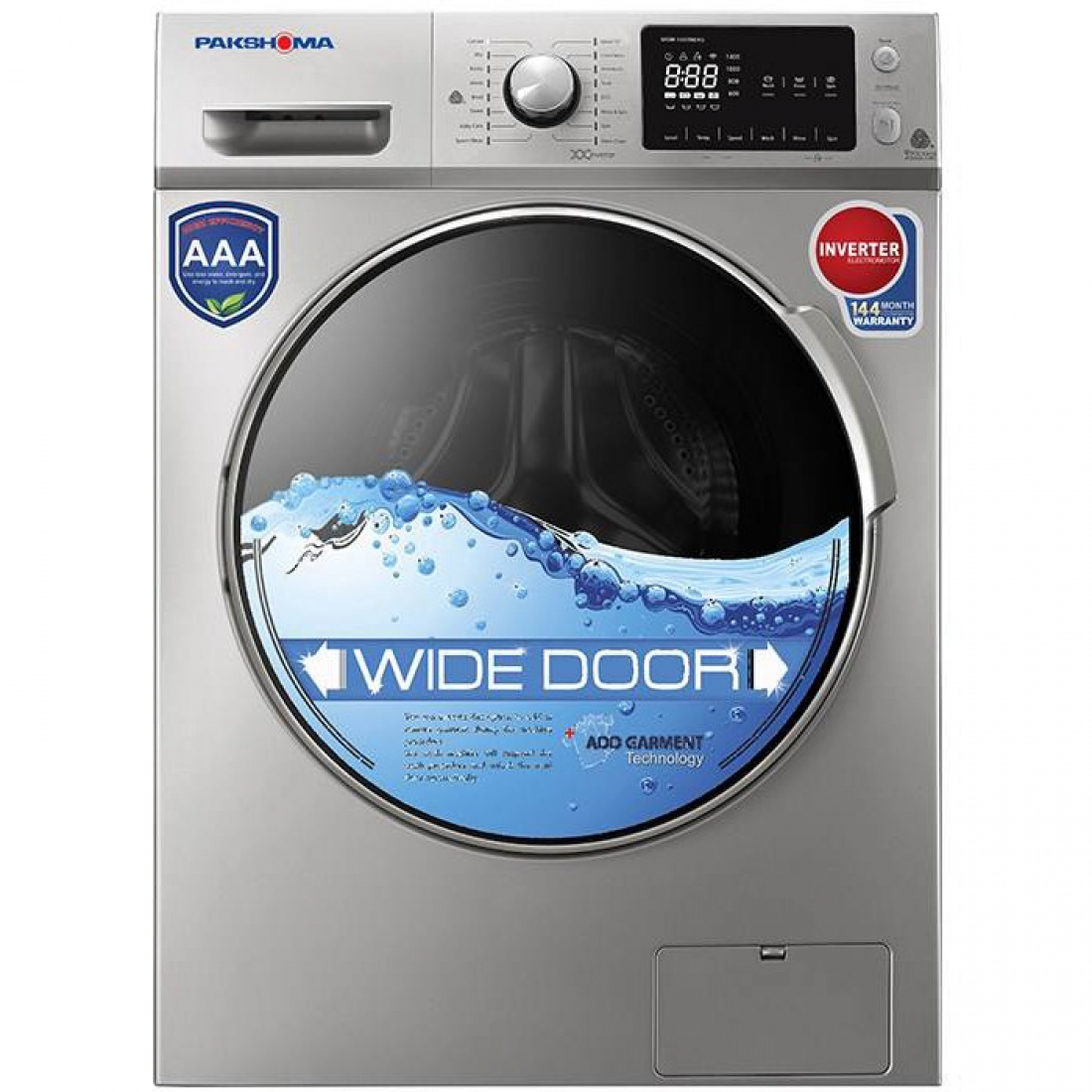Plasma is an ionized gas in which whole or a significant portion of its atoms have lost one or several electrons, and turned into positive ions. In recent decades, plasma technology has been used for some applications such as surface modification and cleaning. Plasma cleaning is a process in which all organic compounds are removed from the surface by using plasma.
Introduction
Plasma is an ionized gas in which whole or a significant portion of its atoms have lost one or several electrons, and turned into positive ions. In recent decades, plasma technology has been used for some applications such as surface modification and cleaning. Plasma cleaning is a process in which all organic compounds are removed from the surface by using plasma. Plasma is energetic enough to ionize the neutral atoms, break down the molecular structure and form free radicals. Depending on the type of gas, plasma intensity and exposure time, surface interactions take place in four different steps. At first, the inert gases plasmas (He and Ar) clean the surface by removing the contaminants. Then, the surface is abraded using active gases such as SF6, CF4 and O2 in combination with inert gases. In the third step, the use of other active gases such as N2, He, Ar, NH3, N2O, CO2, air or some of its compounds can change the surface properties by substituting or adding chemical active functional groups such as hydroxyl, carbonyl and carboxyl. These chemical agents can create new surface properties. Continuing the plasma processes, in the fourth stage, can lead to massive chemical changes at the surface which stem from the reaction and polymerization of gaseous species with surface polymer fibers. In this case, a monolithic coating, with distinct properties compared to the textile inner structure, is formed at the surface.
These modifications create some features such as hydrophilic properties, promotion of adhesion to the surface, antibacterial characteristics and sterilization. For these reasons, surface preparation of polymers and metals has drawn much attention in the fields of medicine, polymer and metallurgy.
Plasma Cleaner is a unique technique to eliminate microbial agents; since it provides a uniform surface by removing aggressive surfactants and organic solvents.
Application
Some applications of Plasma Cleaner are as follows:
- Surface cleaning of polymers, metals and textiles
- Sterilization of medical equipment
- Sterilization of expensive foodstuffs
- Cleaning and activation of automobile components
- Surface etching
- Increasing surface energy and hydrophilicity
- Layer deposition
specification
In this system, by applying an electric voltage at a low pressure (in the range of mTorr), a plasma medium is formed. This device is used for processing of small components like plastic equipment in medicine. It is worth mentioning that during processing, in addition to surface activation, the components also become sterilized. Details of technical specifications are presented in the following Table.
 Advantager of using nanotechnology
Advantager of using nanotechnology
The electrons in the plasma medium produce electrons, ions, radicals and other active species which are able to process the desired surface. This device can be used to process different types of polymers and metals on nanoscale.
Manual and maintenance
- For using the device, put the specimens into the chamber and close the chamber door; then turn on the vacuum pump, adjust the gas flow and choose the desired power.
- After finishing the process, set the power key on zero position; then open the needle valve, connected to the device, to allow the pressure inside the chamber reaches the atmospheric pressure.
- For more details on how to use the device, refer to the device catalog and user guide.
Safety and package
- Three-phase power supply of 200 A, and single-phase power supply of 60 A are required.
- The device should be placed in a room with good ventilation system. Furthermore, a water tap and drainage system for device cooling system is required.
